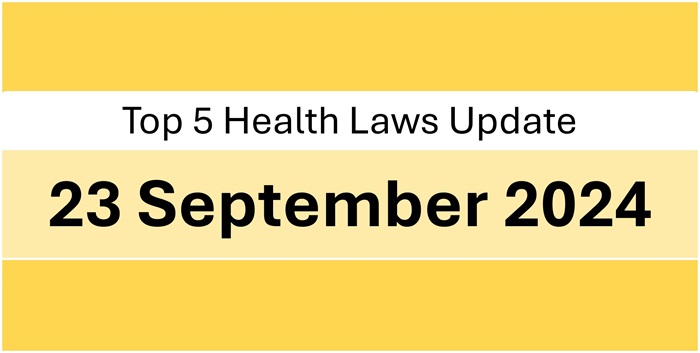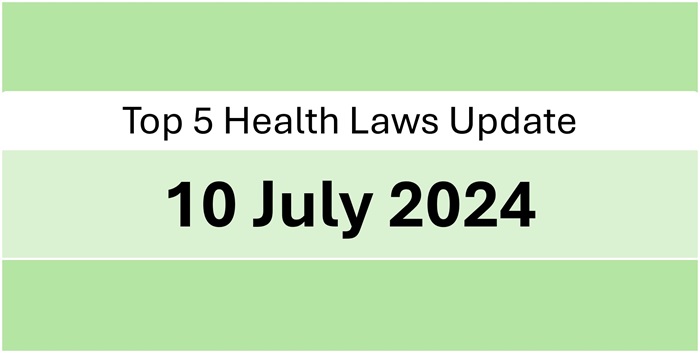Source: bit.ly/4evHfhA
2. The Punjab and Haryana High Court upheld the position that under the Narcotic Drugs and Psychotropic Substances Act, 1985, upon seizure, the entirety of the bulk of the seized substance need not be sent to the Forensic Laboratory, rather merely a select homogenized sample thereof would be sufficient.
Source: bit.ly/4gx15uL
3. The Supreme Court has ordered the Central Government Ministry of Health and Family welfare, and the Government of Kerala to file counter-affidavits explaining the delayed action in setting up a special committee to study the effectiveness of the Rabies vaccine.
Source: bit.ly/3MXwwAE
4. The High Court of Bombay has struck down the insertion of Rule 3 of Information Technology (Intermediary Guidelines and Digital Media Ethics Code) Amendment Rules, 2023, which empowered the government to set up fact-check units on the ground that this violated the fundamental right to equality and to carry on trade and business.
Source: bit.ly/4diYthg
5. The United States Federal Trade Commission has formally initiated litigation against Pharmacy Benefit Managers which act as middlemen between Drug Companies and Insurers, for deliberately driving the price of insulin higher for consumers and receiving rebates from manufacturers in the process.
Source: bit.ly/3zrNfcq


